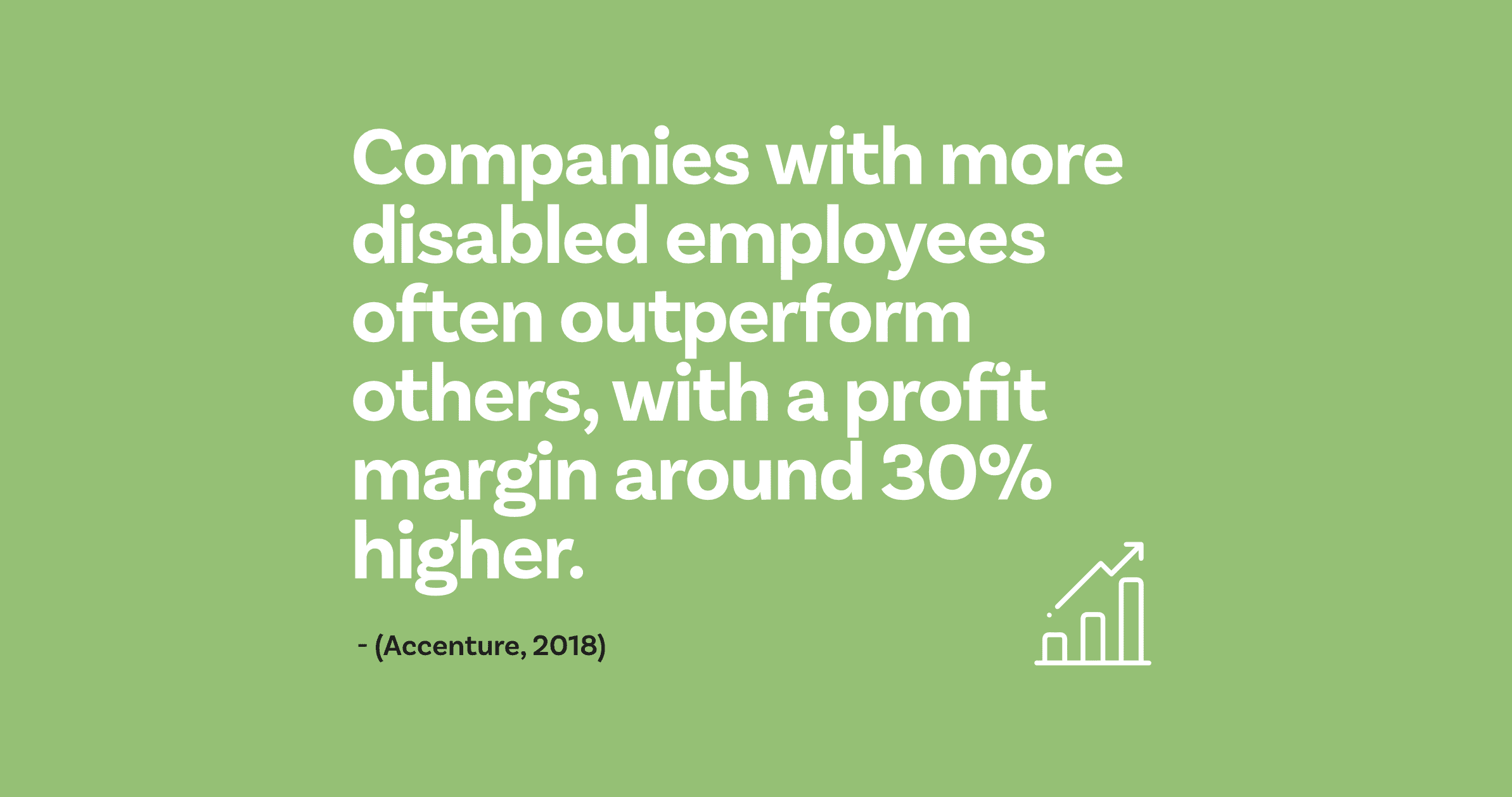Reasonable Adjustments in the Workplace: A Guide from Hooray

Reasonable adjustments in the workplace can create an inclusive environment for all employees. Explore practical examples and how Hooray, Gloucestershire’s leading recruitment company supports inclusive recruitment processes.
Creating an inclusive workplace isn’t just about ticking boxes for legal compliance – it’s about supporting the diverse needs of all employees, allowing them to thrive. Reasonable adjustments in the workplace are vital not only for disabled employees or those with mental health challenges but for anyone who may benefit from a more flexible or supportive working environment. Whether it’s adjusting work hours, providing assistive technology, or making the office more accessible, these changes can transform both employee well-being and company productivity.

What Are Reasonable Adjustments in the Workplace?
So, reasonable adjustments in the workplace are modifications or adaptations that help employees perform their jobs to the best of their ability. While the Equality Act 2010 outlines a legal duty to provide adjustments for disabled workers, the concept can be applied more broadly.
Adjustments help create a more inclusive environment for everyone—whether someone needs flexibility for mental health reasons, is neurodivergent, or works best under specific conditions.

The Disability Employment Gap in Gloucestershire
As of December 2021, the Disability Employment Gap in Gloucestershire was 27.4%, higher than the national average of 25 percentage points. With only 57% of disabled people in Gloucestershire employed, compared to 84.7% of non-disabled people, there is a clear need for more inclusive workplaces. Reasonable adjustments in the workplace are a key step in addressing this gap.
Examples of Reasonable Adjustments in the Workplace
- Tech & Engineering: Flexible working hours or remote work options.
- Professional Services: Assistive technology like screen readers or dictation software.
- Healthcare & Education: Adjusting break times or workloads to accommodate health conditions.
How ‘Reasonable’ Are Adjustments?
Many adjustments are simpler and less costly than employers assume. Examples of reasonable adjustments in the workplace include offering quiet workspaces, flexible working hours, or providing ergonomic equipment. Research shows that the average cost of a reasonable adjustment is just £75, yet the benefits to both employee well-being and productivity are substantial.

Why Hooray Cares About Inclusivity
At Hooray, inclusivity isn’t just a buzzword—it’s at the heart of our work. As part of the Empowered Employers campaign, we support businesses in creating inclusive work environments for disabled people, those with mental health challenges, and neurodivergent individuals. Our consultative approach helps businesses find top talent while ensuring inclusive recruitment processes.
How Employers Can Create an Inclusive Recruitment Process
Removing barriers in recruitment is crucial for attracting diverse talent. Traditional hiring methods can exclude skilled individuals, but inclusive recruitment ensures a fairer process. Here are some tips:
- Focus Job Requirements: Limit the role to the top three to five essential skills.
- Offer Flexibility: Promote hybrid, remote, or part-time roles to attract diverse candidates.
- Promote Inclusion: Share success stories and clearly state your inclusive practices.
- Advertise in Diverse Spaces: Post on disability job boards like Evenbreak and use platforms that cater to underrepresented groups.
- Make Adjustments Available: Offer reasonable adjustments early in the process.
- Go Beyond CVs and Interviews: Use task-based assessments to evaluate skills.
- Inclusive Onboarding: Ensure workplace adjustments are in place from day one.
For more support in improving your recruitment process, get in touch with Hooray today, or read more about removing barriers in recruitment on the Empowered Employers blog.

How to Implement Reasonable Adjustments in the Workplace
Employers should ask all employees if they require adjustments to perform their best. This fosters an inclusive atmosphere where everyone feels supported.
Steps include:
- Ask the Right Questions: Before the interview, during interviews and onboarding, ask if candidates need adjustments.
- Be Proactive: Regularly check in with employees to see if adjustments could help.
- Create an Inclusive Culture: Make adjustments part of your company’s ethos.
Conclusion: Inclusive Workplaces Benefit Everyone
Reasonable adjustments in the workplace go beyond legal obligations—they’re about creating a thriving workplace for all. By fostering inclusivity, businesses can attract top talent, boost productivity, and build a positive workplace culture.
Interested in learning more or looking for diverse talent? Contact Hooray today 01242 300 228 or explore our latest job vacancies [here].